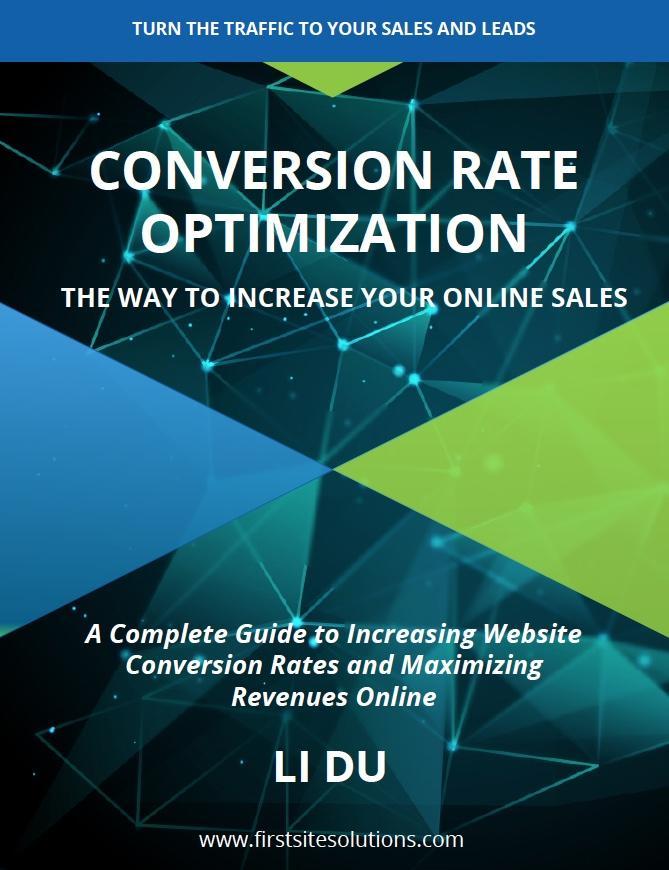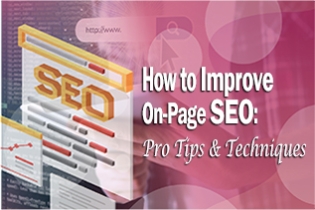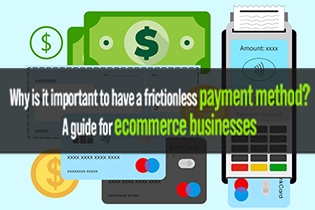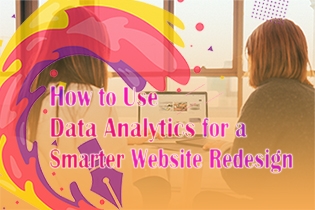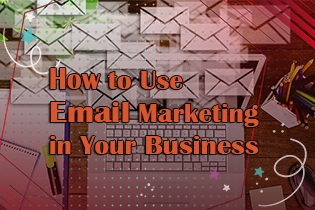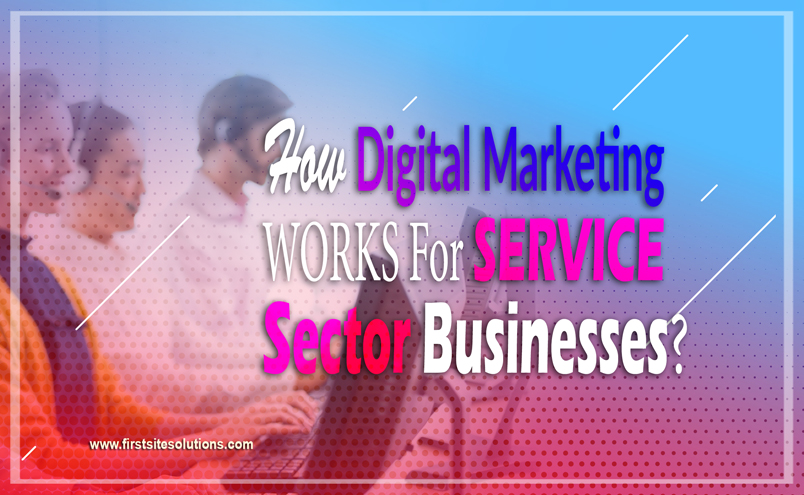
Between massive shifts in commerce and the ongoing global pandemic, it's no wonder why digital marketing continues to thrive. Going digital is necessary by most accounts; online audiences are vast, tech-savvy, and increasingly demanding. However, while physical products see a natural affinity for eCommerce strategies, services are still "selling the invisible". Nonetheless, digital marketing can tackle this challenge through very similar means. This article will delve into how digital marketing works for service sector businesses and which techniques may work best.

Service As A Product
First and foremost, many marketers would agree that services should be seen as a product, marketing-wise.
No, that's not Service-as-a-Product (SaaP) by any means. This concept refers to seeing and presenting a service as one would a product for marketing purposes. The reason for this is simple; what convincingly sells a physical, tangible product also sells a service. There are, of course, subtle differences, but the foundation should overlap somewhat.
To illustrate this point, consider the points Neil Patel outlines for "selling the invisible" in this video:
In short, they are:
#1 Explain the benefits
#2 Describe the outcomes
#3 Assert value
#4 Anchor; outmatch the competition
#5 Provide convincing, efficient pricing
This is the essence of this fundamental point. To market services effectively, you'll need to reduce "salesy" language and vagueness and make your service's benefits visible. In other words, you should frame your service in much the same way as you would a product.
Digital Marketing; From Organic Traffic To Pay-Per-Click (PPC)
In line with the above, it's noteworthy that product marketing also overlaps with service marketing in other substantial ways. Consider the following sales funnel visualization by Semrush:
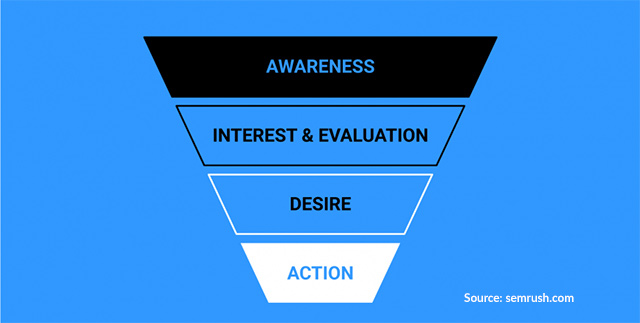
Is it a funnel for products or services? Rather, would one meaningfully differ from the other? It most probably wouldn't.
Thus, another point to be made is that digital marketing works for service sector businesses as it does for eCommerce. Yes, the two are not identical. However, virtually all strategies that would work for one would work for the other. From search engine optimization (SEO) and search engine marketing (SEM) to PPC, both organic and paid marketing sell services. In short, all online campaigns to advertise your business that digital marketing offers can benefit the service sector.
How digital marketing works for service sector businesses
With the above context in mind, let us explore how digital marketing works for service sector businesses. Let us begin with what digital marketing offers, according to the above graph.
It helps refine your audience and raise awareness
First and foremost, digital marketing hinges on your understanding of your audience. As such, it encourages standard marketing practices:
- Establish S.M.A.R.T. (Specific, Measurable, Achievable, Realistic, and Timely) goals
- Define your audience
- Build buyer personas and invest in customer journey mapping
These alone establish a solid foundation for marketing, as well as enhance your insights into your ideal audience. In turn, your content creation strategies will better cater to your audiences, raising awareness more efficiently.
After all, digital marketing intends to raise awareness by definition. Whether you're selling a physical product or a service, outreach and lead acquisition are always priorities.
It incites engagement and enhances your proposition
Next, digital marketing tackles the challenges of the phase of interest and evaluation. Service marketing does come with unique challenges, so the above context is crucial here.
Consider, for example, how leading pages serve as gateways to website traffic. To attract interest in the first place, your SEO and PPC campaigns will need to effectively reach your audiences. Your content will then need to incite engagement; how would a customer evaluate your proposition if they simply bounce? This is what digital marketing tackles; it piques potential leads' interest and then enhances your proposition for evaluation.

It pronounces differentiators, transforming desire into action
On the lower end of the funnel, digital marketing serves to pronounce your differentiators; what makes your proposition unique? Neil Patel's points mentioned above converge to address the uniqueness of selling services, or "selling the invisible".
Once you've secured interest and desire, the final catalyst for action is simple; why should one buy your service? What does it offer that competitors don't? Meticulous content creation, strategic presentation, and convincing messaging will ensure your audiences know about what makes you stand out. That's how digital marketing works for service sector businesses; by transforming desire into action.
It enhances customer retention for repeat sales
Finally, after a completed sale comes the phase that customer journey mapping dubs as "post-sale engagement". SEO strategies identify customer retention at its core, and it's just as vital, if not more.

Diverging from the tried-and-tested funnel model to the flywheel, customer retention is the core of customer-centric approaches. Customer retention is indeed very lucrative, and it's what loyalty programs rely on. In fact, multiple studies find that customer acquisition may cost as much as 6x more than retention. Customer retention is the basis for brand loyalty and advocacy, and it's arguably the most valuable offer of digital marketing.
Digital Marketing Techniques For Service Sector Businesses
Before concluding, let us also note standard digital marketing techniques from which the service sector may benefit. The three most common and reliable are email marketing, social media marketing, and content marketing, in no particular order.
Email marketing
Email campaigns are incredibly effective, and selling services is no exception. Catchy headlines, engaging bodies, and a hint of urgency can work wonders. However, always remember to only reach out to audiences that have opted in to being contacted.
Social media marketing
With their massive surge in popularity in recent years, social media platforms offer massive, engaged, willing audiences. An excellent social media strategy, organic or paid, can yield tremendous benefits with a great return on investment (ROI).
Content marketing
Finally, content marketing is a universally applicable technique for raising awareness and expanding outreach. Consider blogs, articles, interviews, and all other content you can produce and market to make your service known.
Conclusion
In conclusion, digital marketing works for service sector businesses in many ways. From building a solid foundation through introspection and audience outreach to holistically enhancing your sales funnel, it pays off. In the digital era, when outperforming the competition matters more than ever, it can be your most valuable asset.



